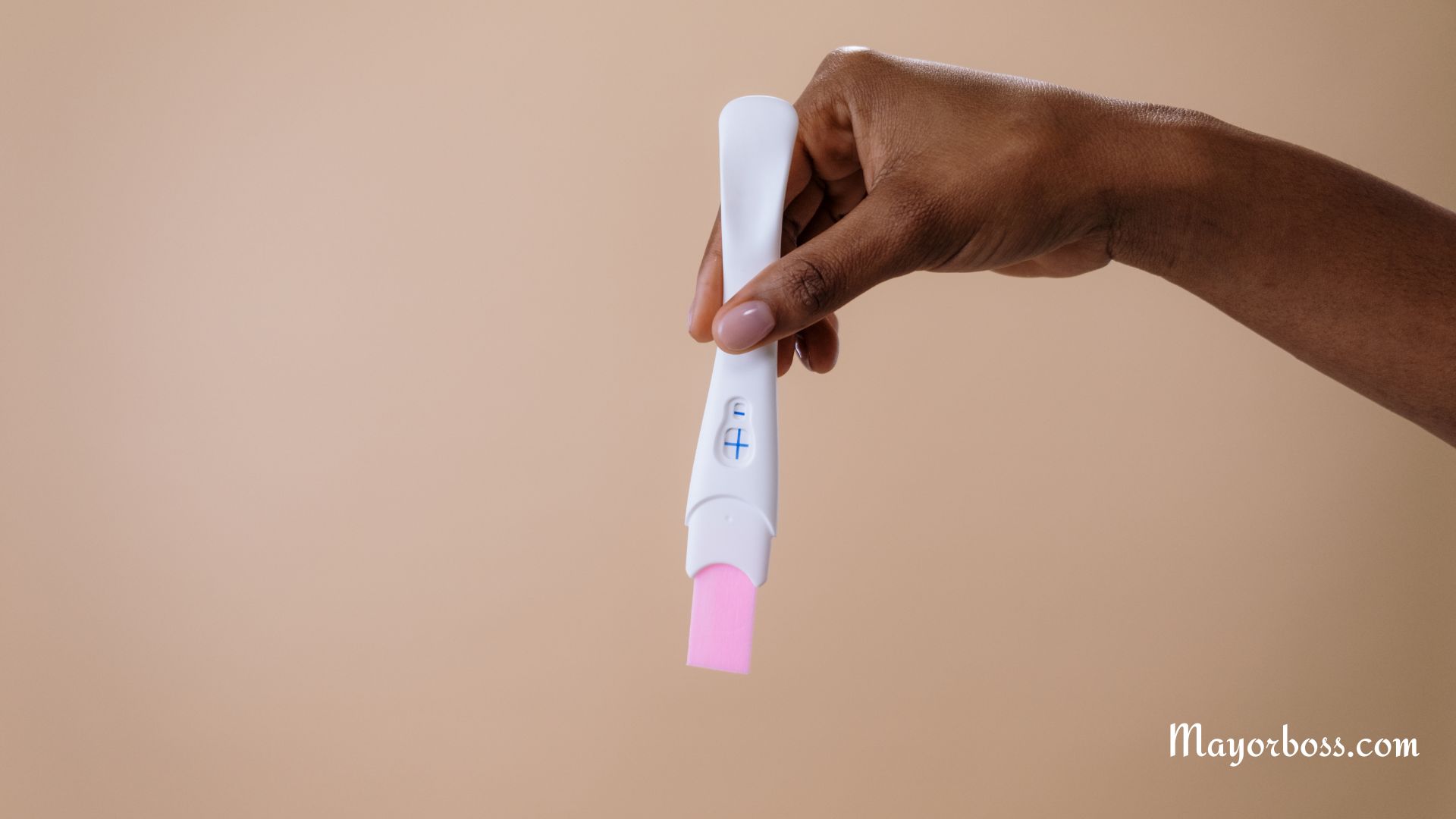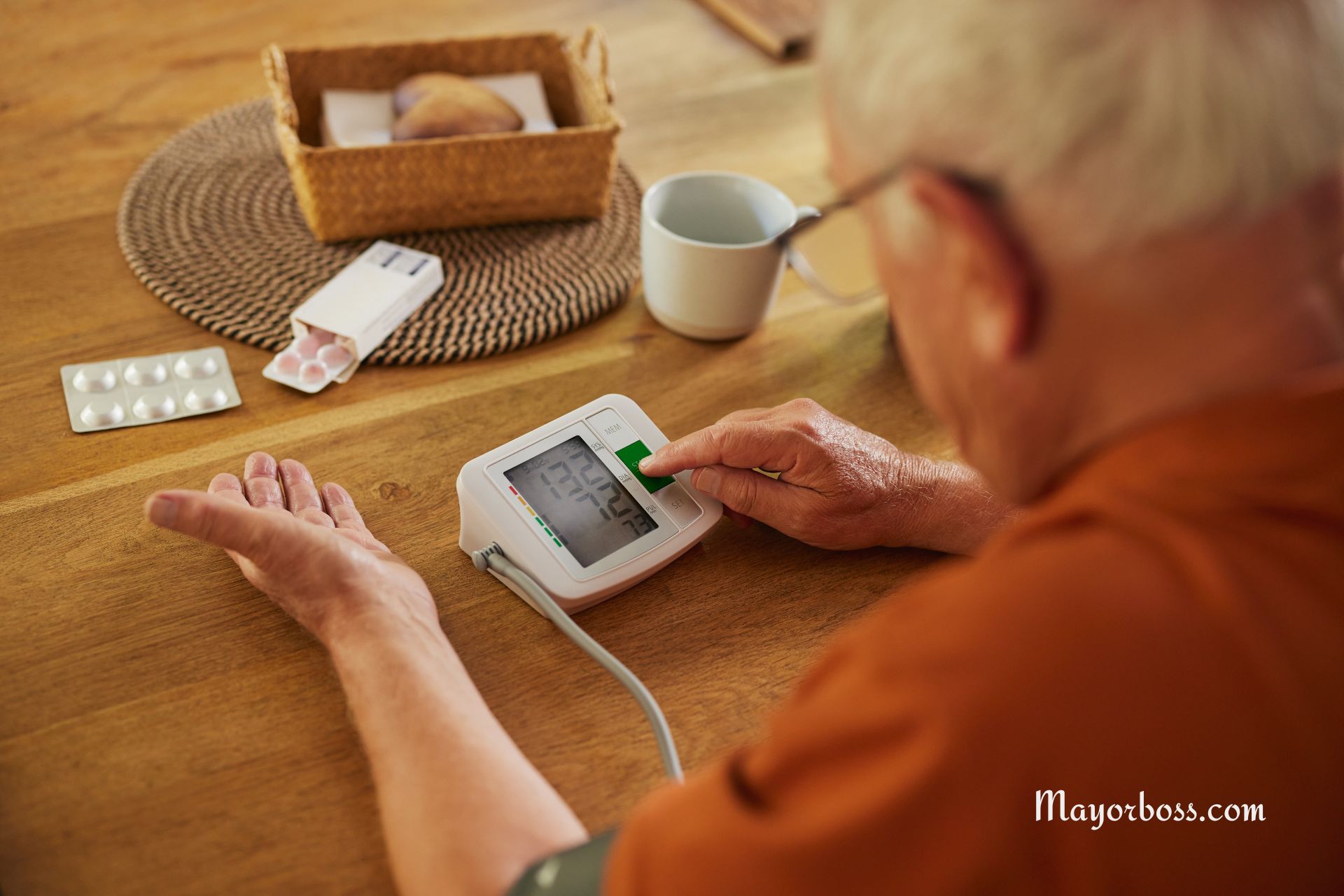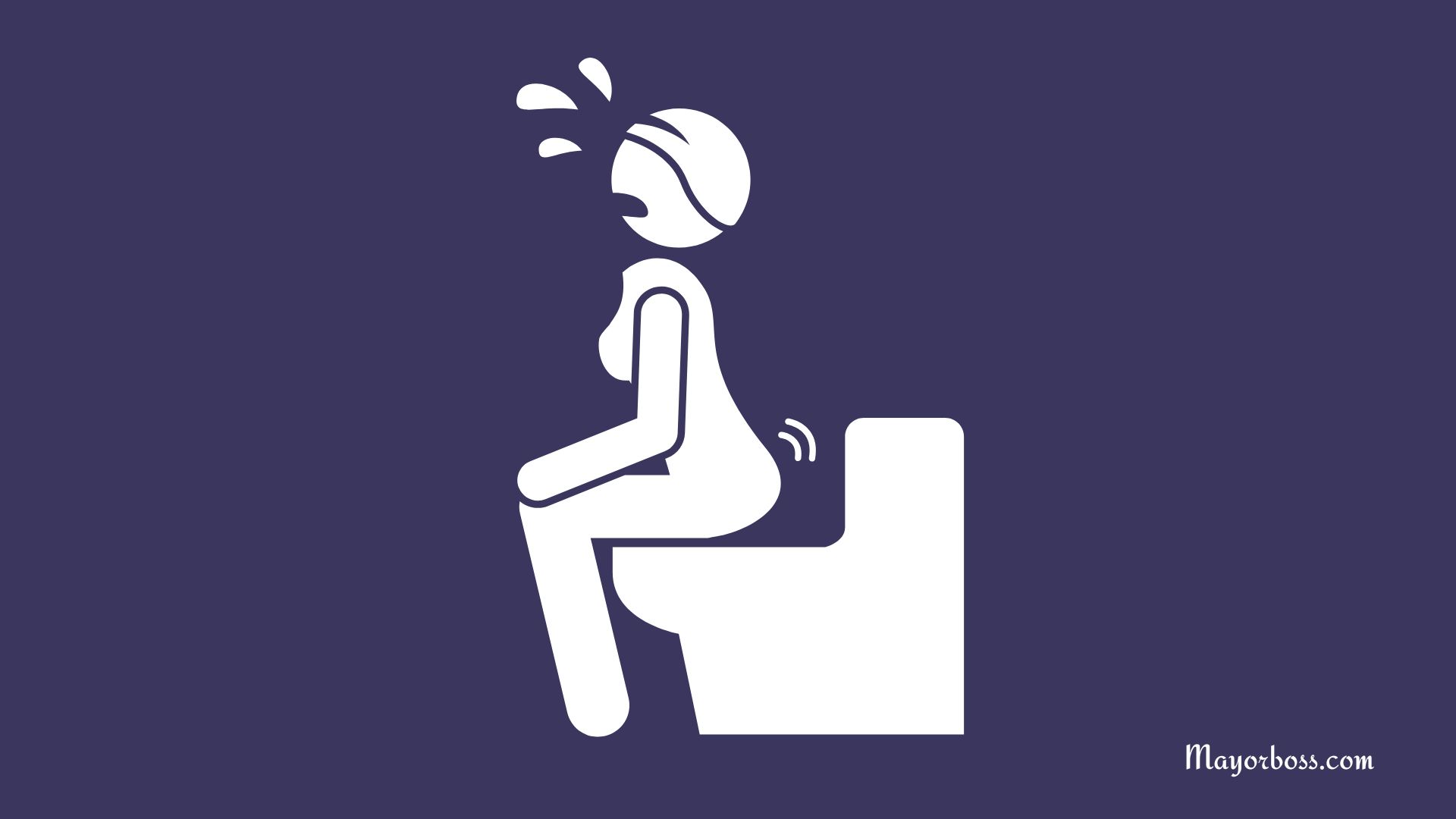What is a Chemical Pregnancy?
Have you ever heard the term “chemical pregnancy” and wondered what it means? This term often causes confusion and concern, especially among those trying to conceive. This article discusses what a chemical pregnancy is, why it occurs, and what it means for future fertility.

What is Chemical Pregnancy?
A chemical pregnancy is a term used to describe a very early pregnancy loss happening shortly after implantation. Here are some key points:
- Early Miscarriage: A chemical pregnancy is essentially an early miscarriage occurring within just a few weeks of conception.
- Positive Pregnancy Test: You may have a positive pregnancy test because your body starts to produce the hormone hCG (human chorionic gonadotropin), but the pregnancy doesn’t progress.
- No Gestational Sac: Unlike later miscarriages, a chemical pregnancy happens before the gestational sac is formed, so it’s usually not detectable through an ultrasound.
- Short Duration: Many women might not even realize they’ve had a chemical pregnancy, as it often occurs close to when their period is due.
Causes of Chemical Pregnancy
The causes of a chemical pregnancy are not always clear, but several factors can play a role:
- Chromosomal Abnormalities: The most common cause is where the developing embryo has an abnormal number of chromosomes.
- Hormonal Imbalance: Imbalances in hormones essential for pregnancy can contribute to a chemical pregnancy.
- Uterine Abnormalities: Issues with the uterus, such as fibroids or an abnormally shaped uterus, can affect implantation.
- Medical Conditions: Certain conditions like thyroid disorders or clotting disorders can increase the risk.
- Advanced Maternal Age: Women above 35 have a higher likelihood of chromosomal abnormalities in their eggs, leading to increased risk.
Symptoms of a Chemical Pregnancy
Symptoms can be subtle and may include:
- A Late period: Your period may be a few days late, or you may experience bleeding around the time of your expected period.
- Mild Cramping: Some women experience mild pelvic cramping.
- Positive Pregnancy Test: A faint positive line on a pregnancy test, followed by a negative test, can indicate a chemical pregnancy.
- Vaginal Bleeding: Light spotting or bleeding may occur, often mistaken for a regular period.
Diagnosis
A chemical pregnancy is often detected through a pregnancy test. However, due to its early occurrence, many women might not realize they’ve had a chemical pregnancy.
Impact on Future Fertility
- Good News: The occurrence of a chemical pregnancy usually doesn’t impact your long-term fertility. Many women go on to have successful pregnancies after experiencing a chemical pregnancy.
- Consult a Doctor: If you’ve had multiple chemical pregnancies, it’s okay to talk to a healthcare provider to rule out any underlying issues.
Coping with a Chemical Pregnancy
Experiencing a chemical pregnancy can be emotionally challenging:
- Acknowledge Your Feelings: It’s okay to grieve the loss, even if it was an early pregnancy.
- Support Systems: Reach out to friends, family, or support groups for emotional support.
- Professional Counseling: Consider talking to a therapist or counselor.
Frequently Asked Questions
Is a chemical pregnancy a real pregnancy?
Yes, it is a real pregnancy. It indicates that fertilization occurred, but the pregnancy ended very early.
How soon after a chemical pregnancy can you conceive again?
Most women can try to conceive again in their next cycle. However, it’s best to discuss this with your doctor.
Does a chemical pregnancy require treatment?
Typically, no specific treatment is needed for a chemical pregnancy, but follow-up with a healthcare provider is always a good practice.
Can lifestyle changes reduce the risk of a chemical pregnancy?
Maintaining a healthy lifestyle, managing stress, and avoiding smoking and excessive alcohol can be beneficial. However, many causes of chemical pregnancy are beyond your control.
Should I consult a doctor after a chemical pregnancy?
It’s a good idea to consult your doctor after any pregnancy loss, including a chemical pregnancy, especially if you have concerns or questions about your health or fertility.
In conclusion, a chemical pregnancy is a very early pregnancy loss, often occurring before a woman even realizes she’s pregnant. While it can be emotionally difficult, understanding its causes, symptoms, and the fact that it’s a common occurrence can provide some comfort. If you’re planning to conceive again or have concerns about your reproductive health, it’s always best to speak with your healthcare provider.






